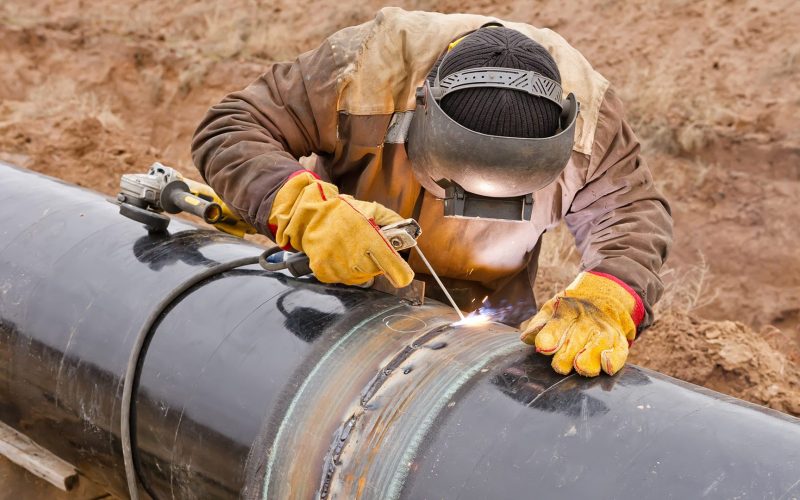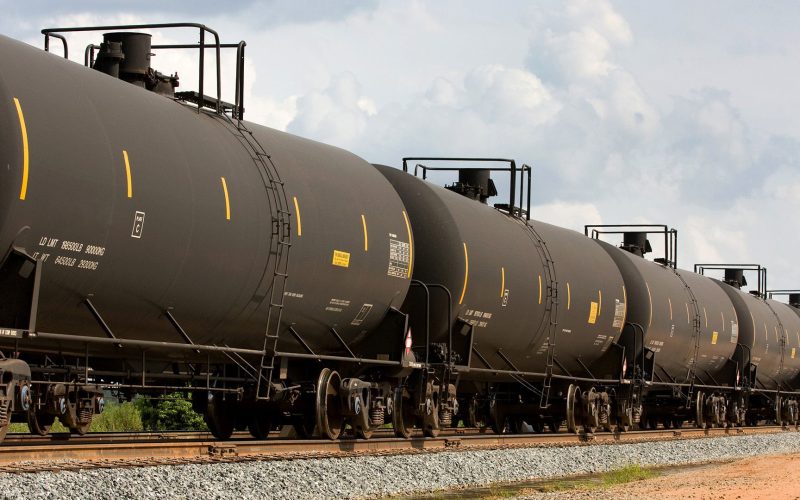THE VOICE FOR THE ENERGY CONSUMER

CEA’s Tim Page discusses the importance of having a respectful dialogue on the development of North Carolina’s energy resources and how families across the state can benefit from lower energy.

Last month, we mentioned the growing problem of constrained pipelines in Texas. Production increased faster than anticipated, with pipelines now reaching near maximum capacity preventing additional oil and natural gas.

More state legislatures are reviewing critical infrastructure laws in light of increasingly violent anti-development protesters who have shot at pipelines in residential areas, attempted to shutoff manual safety valves, and.

CEA’s Tim Page talks about how important natural gas production has been to expanding Virginia’s economy and reducing emissions across the country. Natural gas is also a very versatile fuel..

With energy prices increasing in recent weeks, CEA’s Mike Butler discusses how to keep energy affordable for families while also ensuring our environment is protected. It’s critical that industry does.
Constrained infrastructure is quickly leading to problems getting oil and natural gas to end-users in Texas. A pipeline shortage that’s leaving gas trapped in West Texas’ Permian Basin means prices.

IOGA’s Charlie Burd was recently interviewed on why pipelines are necessary to continue the boom of energy production in West Virginia, and how energy-intensive manufacturers will be attracted to West.

CEA’s Brent Greenfield looks at the growing manufacturing presence in Alabama and how low cost energy has helped the state attract and retain jobs. Paper manufacturer International Paper, citing growing.

With pipelines being constructed across Ohio, many of the economic benefits promised are quickly becoming economic realities with new jobs, new businesses, and new revenue for schools. MARRA: A decade.

Last year, North Dakota saw oil production increase after the completion of Dakota Access, and production shows no signs of yielding. Officials are now worried capacity will be reached within.